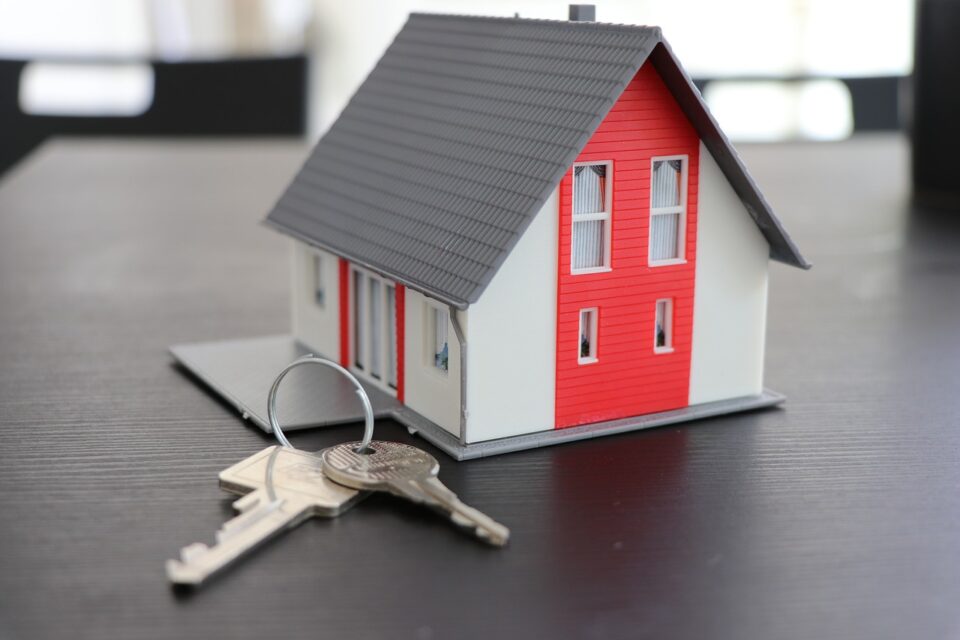Is your apartment for sale, are you going abroad temporarily or trying to live together? And do you want to rent out your apartment yourself? Then knowledge of the rental market is necessary. To rent out your apartment yourself, it is important that you know what the rules and risks are and what to expect. That is why you will find here some important tips for renting out your apartment yourself.
Table of Contents
1. Inform the mortgage bank and VVE
Renting out your apartment can have consequences for your mortgage. In the worst case, it can be claimed in full right away. To know for sure whether you can rent out the apartment and if so, what the requirements are, it is best to walk into the town hall and make an initial inquiry. Then you will learn a lot and then you can of course do more detailed research. Also ask your mortgage lender, the VVE and other stakeholders who have something to say about this.
2. Arrange rental legal matters
Renting out your home yourself gives you responsibility towards the tenant, also view the apartment rights . When renting out your apartment you come into direct contact with rent protection and the rental law. In fact, the rental law does not contain any temporary rental agreements. If the tenant moves into your apartment, he or she will immediately receive rent protection. This means that as long as the tenant pays the rent and complies with the contract, you cannot cancel the rent. Renting out your house without tenancy rights and rent protection is, however, possible by renting out through home retention, the Vacancy Act or trial cohabitation. Then you may conclude a temporary rental agreement, which must last at least 6 consecutive months.
3. Draw up a rental contract
There are also risks when renting. Therefore, make sure that you have a good rental contract that complies with laws and regulations. Determine the conditions for renting out your apartment, under which conditions and permits it falls, for what price, what the possible service costs and depreciation are and what the end date of the agreement is. Also provide a possible deposit for repairing damage.
4. Calculate rent
Renting out your apartment yourself does not mean that you can simply determine a rental price. Here too, some rules from the rental law apply. Certain circumstances can also increase or decrease the rent, for example in which city or village you want to rent out, in which neighborhood your apartment is, what type of apartment it is. The facilities, the view, which floor and whether you are allowed to have a pet can also have an effect on the rent. In addition, you can use the points system to find out how much the maximum rent may be.
5. Find a tenant
You don’t just rent out your apartment and you naturally want your belongings to be handled properly. That’s why it’s a good idea to sketch a profile of the candidate and screen potential tenants. Make sure you minimize the risks of not paying rent or misusing your property. For this you can, for example, ask for proof of identity, landlord statement, income and work details. You can advertise via your network, social media or advertising platforms.
6. Check in and out
The rental has two important moments: the check-in and the check-out. Walk through the apartment with the tenant during both moments and record as many things as possible on paper and photos. This way you can discuss this at the end of the rental period and, in the event of damage, demonstrate that this is caused by the tenant. You will then be in a much stronger position in the event of a dispute.
7. Mortgage interest deduction expires
If you rent out your second home and the home is in Box 3 (as opposed to your owner-occupied home in Box 1), the rental income from this home is untaxed. On the other hand, you cannot deduct the interest on, for example, the financing of the holiday home or the second home from the income. View here more about how the tax deals with the assets of the (second) home when renting out .
8. Insurance
Renting out your apartment may change your insurance coverage. Therefore, make sure that you have read the conditions of your home insurance carefully. It is possible that your insurance does not apply when renting out and then you will not receive anything in the event of damage. Also advise your tenant to take out his own insurance.

